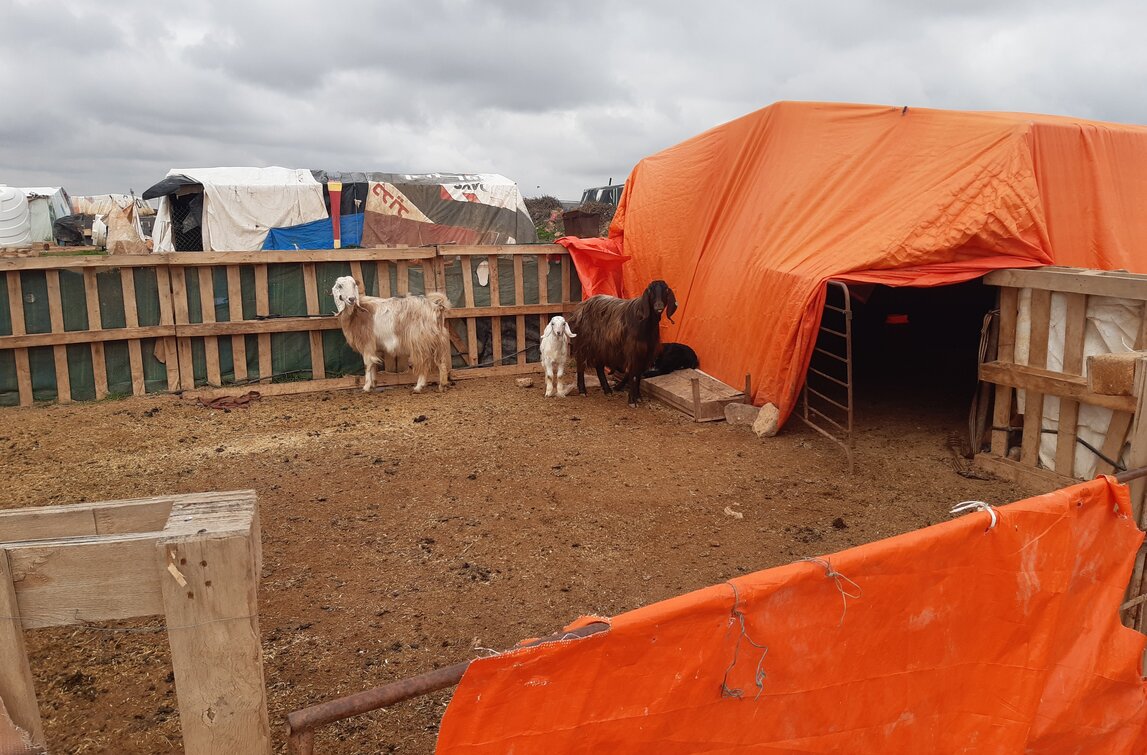
Dorien Braam has published a paper outlining the need for greater support for refugees with livestock issues.
To support animal and human health, stakeholders need to address structural inequalities through inclusive policies and support to both refugees and host populations.
Dorien Braam
Humanitarian responders and policy makers need to address the political and practical barriers that mean refugees are excluded from veterinary and agriculture support, heightening the risk of zoonotic disease, according to a new study by a Gates Cambridge Scholar.
Dorien Braam’s study, Excluding livestock livelihoods in refugee responses: A risk to public health, is published this week in the Journal of Refugee Studies and highlights the lack of research into the impact of conflict and displacement on livestock and zoonotic disease risks in refugee and host populations.
It investigates the role of livestock and zoonotic disease dynamics in the Syrian refugee context in Jordan, with the aim of informing policies and procedures for better inclusion of livestock in refugee responses.
The study looks at the situation on the Syria-Jordan border. It is based on in-depth interviews with humanitarian, animal and public health experts and household interviews with Jordanian and Syrian livestock keepers in Mafraq Governorate.
Zoonotic disease outbreaks were attributed to cross-border smuggling of livestock, with animals sold within Syria by displaced livestock keepers to middlemen and smugglers ending up in the Jordanian market without quarantine and vaccinations. The study found none of the refugees interviewed had brought animals across the border with them to Jordan and that, faced with livelihood restrictions, they had often become greatly dependent on external aid.
Refugee livestock is structurally excluded from agriculture and veterinary support provided by authorities and humanitarian agencies with zoonotic disease spread more likely to occur as a result. Dorien, [2018], who is finalising her PhD in Veterinary Science, writes: “The risk of zoonotic disease within Jordan is therefore determined primarily by exclusive policies, and the lack of support for sustainable livestock keeping among the refugee population.”
She adds: “To support animal and human health, stakeholders need to address structural inequalities through inclusive policies and support to both refugees and host populations.”
This is her second published paper based on her PhD fieldwork. Her first – on humanitarian aid – was published in PLOS Global Public Health in December and called for livelihood needs to be taken into account when it comes to humanitarian support for livestock-dependent, internally displaced populations displaced by climate change and disasters.












